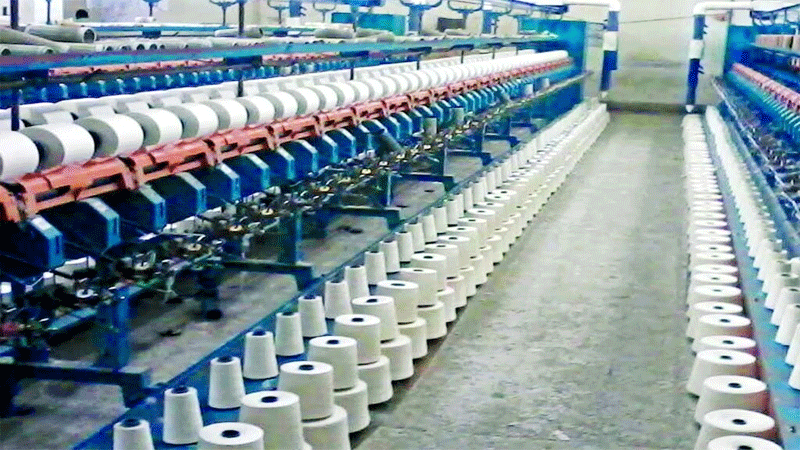Rise in energy prices will cause the textile industry to lose market share on the global market and force the closure of numerous facilities.

Khyber Pakhtunkhwa Textile Mills Association (KP-TMA) has expressed concern over the sharp rise in energy prices, claiming that it will be the final blow to Pakistan’s struggling textile industry in general and KP Textile Industry in particular.
Afan Aziz, chairman of KP-TMA, said in a statement to the media that the decision would severely hurt the textile industry‘s export-oriented sector after presiding over an emergency meeting of the textile millers.
The meeting was specifically called to discuss how the region’s competitive energy tariff of Rs. 19.99/kWh and a gas tariff of Rs. 852/- MMBTU for gas will lead to the total shutdown of Khyber Pakhtunkhwa’s textile industry.
He added that, as a result of this government action, 40% of the industry will close and 60% of it is already closed.
Due to increased regional competition and rising energy prices, for which the industry is not at all prepared, the textile industry will lose all export orders. He claimed that the textile industry, which focuses on exports, is the largest employer and generates vitally important billions of dollars annually.
Rise in energy prices will cause the textile industry to lose market share on the global market and force the closure of numerous facilities. Industry closure would result in a law-and-order crisis on the one hand and a loss of export market share and desperately needed foreign currency on the other.
The chairman of the KPTMA added that energy is a major driver of economic growth. Since electricity and gas are essential production inputs, rising electricity and gas prices directly harm the export-oriented textile industry.
The sharp increase in energy prices will lower real GDP and productivity, in addition to raising inflation. High energy costs have fueled excruciatingly high inflation, forced factories to reduce output or even shut down, and slowed economic growth to the point where some nations are now in the midst of a severe recession.
He demanded the reinstatement of the energy tariff that had already been agreed upon and the release of stalled sales tax, income tax, and DDT refunds for use as working capital.